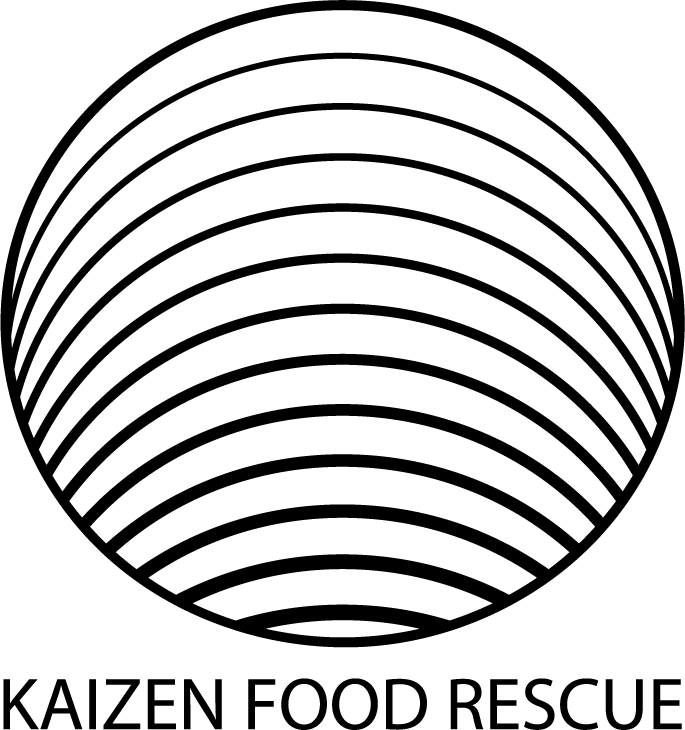In collaboration with East Denver Food Hub, FrontLine Farming and Radiant Innovations, we have developed a 20' mobile solar refrigerator. Currently, the unit can be found at Majestic View Farm in Arvada, Colorado. The picture shows Fatuma Emmad opening the solar cooler.
“I learn a lot in these classes. Thank you for having childcare. I would not be able to go without it. The gift cards help us with gas. Thank you.”
“I love learning. My children love the garden workshops too. Thank you for having us. I really appreciate it.”
“I am grateful for these workshops. I am excited to help my community.”
“Thank you for offering these classes. I am interested in learning more about advocacy and talking to our council members and legislators about what is important to me and my family.”
Workshops and training programs offer valuable opportunities for individuals to acquire knowledge, skills, and resources that can support personal goals and improve lives. In the context of food systems, these programs can help community members understand topics such as food security, food sovereignty, and food justice, while also providing the tools needed to advocate for a more equitable and sustainable food system.
These programs also serve as platforms for networking, allowing community members to exchange ideas, share resources, and build relationships that can strengthen the community and drive positive change. Furthermore, they can foster a sense of ownership and empowerment, enabling individuals to take an active role in shaping their community. Ultimately, workshops can be an effective way for communities to identify and address challenges and work towards lasting improvement.
Kaizen emphasizes the importance of education, training, and networking strategies developed by local food system leaders and other industry experts. The knowledge shared with affected community members is applied to address local food system issues and to support collective efforts towards achieving food sovereignty. Food sovereignty refers to the right of people to access healthy and culturally appropriate food, produced through ecologically sustainable methods, and to determine their own food and agricultural systems.

